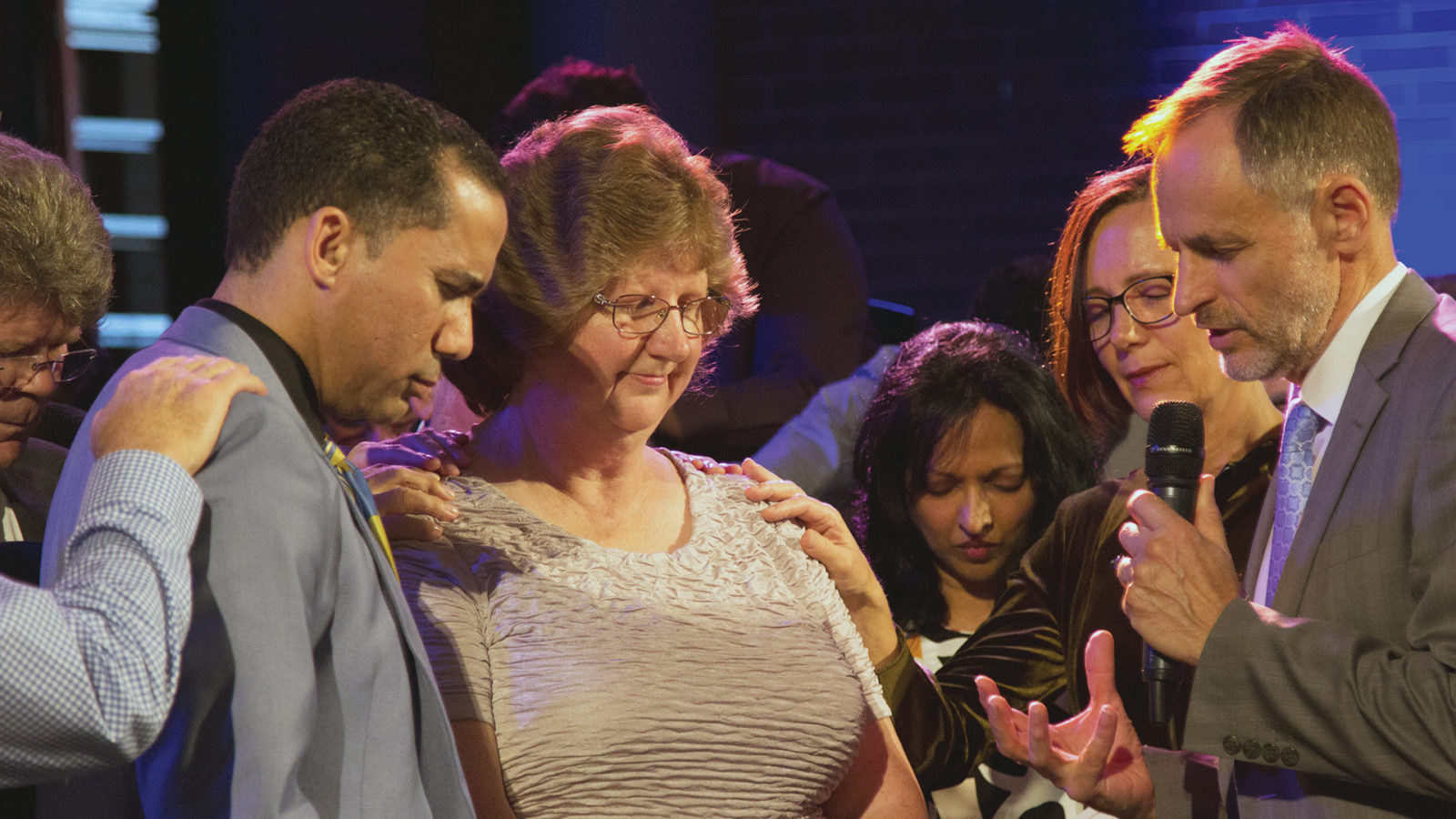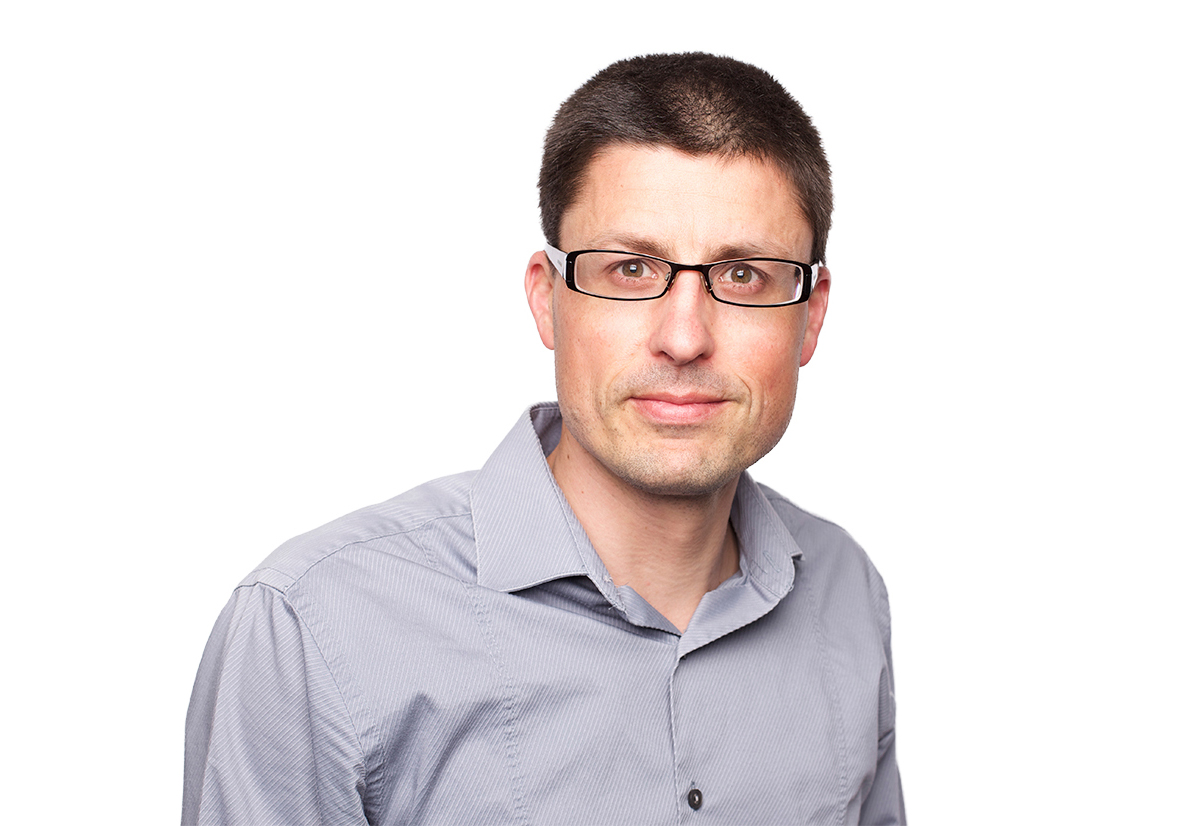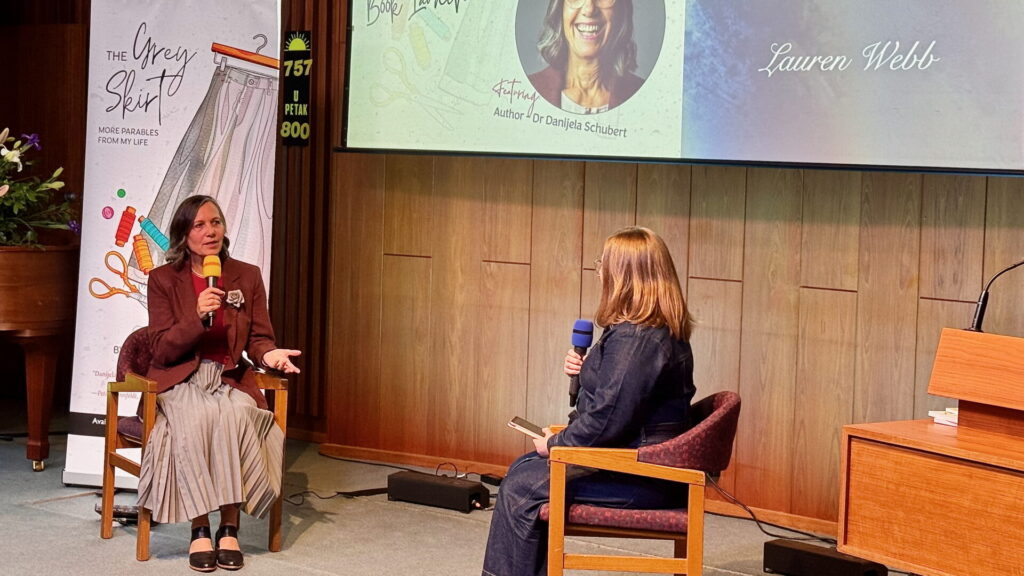Colleagues of an Avondale seminarian have used subtle, disarmingly simple and courageously frank statements to affirm her journey from paediatric endocrinology to pastoral ministry.
Dr Wendy Jackson’s commissioning in Avondale College Seventh-day Adventist Church on Saturday, November 10, was the culmination of an “overwhelming” call but one, after 10 years in medical practice, that came as a surprise and as subject to confirmation.
Spiritual confidant and longtime friend Dr Barry Gane taught Dr Jackson as part of her Master of Divinity studies in the Seventh-day Adventist Theological Seminary at Andrews University (Berrien Springs, Michigan, USA). He introduced her as “Dr Dr Rabbi Teacher Elder Pastor Wendy Jackson” but did not dwell on her academic or professional achievements, which include ministry roles in three churches, an almost 10-year tenure as a lecturer at Avondale College of Higher Education and a PhD in church unity. The focus instead became her passion for ministry.
“I am convinced that you were called by God,” said Dr Gane, “anointed by His Spirit, empowered for His cause, equipped and uniquely gifted for service, that you are ordained by Him.”
While noting her value as a visionary and wise leader, Dr Gane closed with reference to Dr Jackson’s “gentle, compassionate nature.”
“Although you are Dr Dr Rabbi Teacher Elder Pastor, your students call you Wendy, and that’s something you’re not about to change.”
But in a welcome that called for change, Avondale president Professor Ray Roennfeldt expressed his frustration with the worldwide Seventh-day Adventist Church’s decision not to give its regional divisions autonomy to ordain women.
“So, what are we doing?” he asked. “Let me begin with what we are not doing. We’re not giving Wendy any special ministry gifts. We’re not bestowing on her any special authority or power. And we’re not saying Wendy’s ministry is in any way inferior to anyone else’s because the Church is not mature enough to recognise there is no difference between commissioning and ordination—and Scripture commands neither for men or women pastors. Then, what are we doing?”
The commissioning, said Prof Roennfeldt, is an acknowledgment of Holy Spirit-given gifts and an affirmation of God’s call to ministry. As Dr Jackson’s college and church community, “we’re saying to her: we will back you, we will walk beside you and we will clear the path ahead of you.” Although, he added, “the path ahead will not always be easy. We live in a world that is walking away from the Church. We live in a Church, a Church we love, that sometimes feels like it is walking away from our world. . . . So, what can we do? We need to support Wendy and her sisters—our sisters—in ministry. We need pew and pulpit to speak up and say, ‘Enough!’”
Representing the Ministerial Association of the Church in the South Pacific, secretary Dr Steve Currow summarised the theological and personal reflection of the apostle Paul’s ministry experience (see 2 Corinthians 1-6). At the end of chapter six, Paul encourages his readers to respond as he responded in ministry and counsels them not to be distracted by other influences. He then quotes a mosaic of Scriptures primarily based on 2 Samuel 7, where God is making his covenantal commitment to King David. “But Paul doesn’t just quote 2 Samuel. Under inspiration, he modifies and interprets it, saying, ‘I will be a Father to you, and you will be my sons and daughters’ (NIV). Paul’s words, Paul’s inclusivity, Paul’s understanding of God’s ongoing support for himself, the Corinthians, Wendy, and all those who respond.” [pullquote]
Church in the South Pacific president Pastor Glenn Townend charged Dr Jackson to “live out that high calling as a minister of the gospel, as you already are doing.”
One of the prayers of dedication, offered by the only woman to speak during the commissioning, the Church’s associate secretary Dr Danijela Schubert, cut through the statements preceding it. “Our Father, . . . You must be smiling, thinking, What took you so long? Forgive us, for we humans are sometimes slow to acknowledge that which You have made abundantly clear a long time go.”
Darlene Zschech’s “The Potter’s Hand” performed by a trio from vocal ensemble The Promise summarised Dr Jackson’s medicine-to-ministry journey. “Call me / Guide me / Lead me / Walk beside me / I give my life / To the Potter’s hand.”
“The journey has not always been easy or obvious,” said Dr Jackson in her response. “Stepping into roles that are traditionally male has brought its own set of challenges. But it’s a journey I would gladly take again. Saying yes to God has brought peace and contentment, enabled me to work in an area about which I’m passionate, and helped me understand my deep need to depend wholly on my heavenly Father. As a result, I have become acutely aware of God’s mercy and faithfulness to me.”






